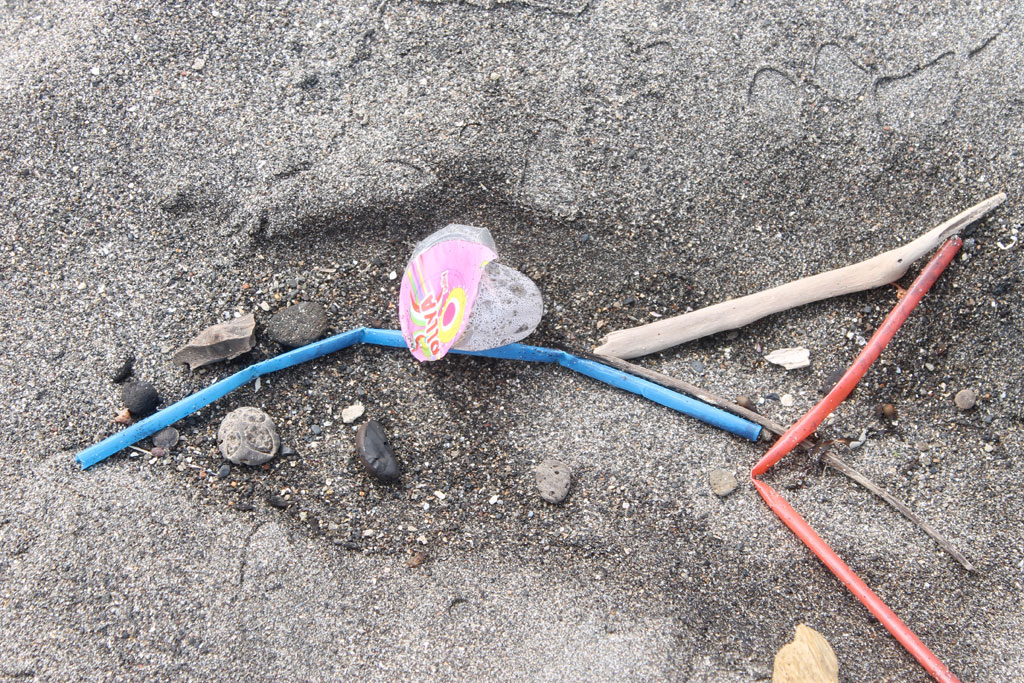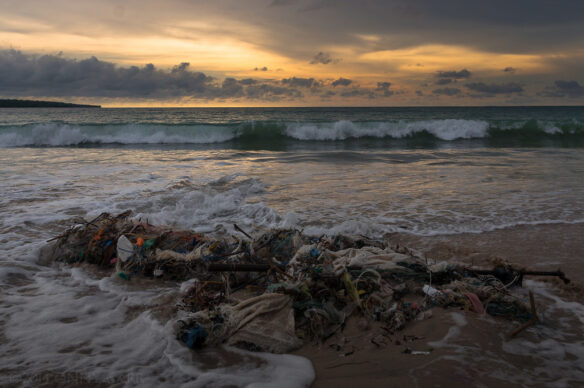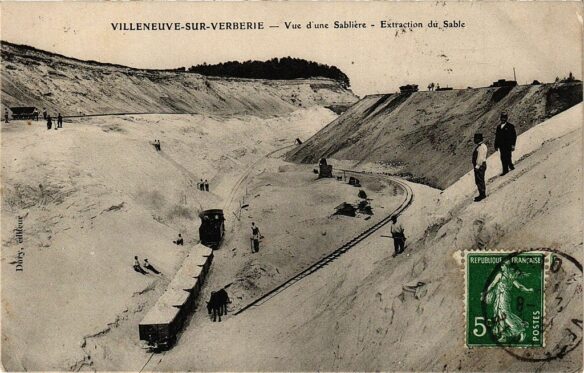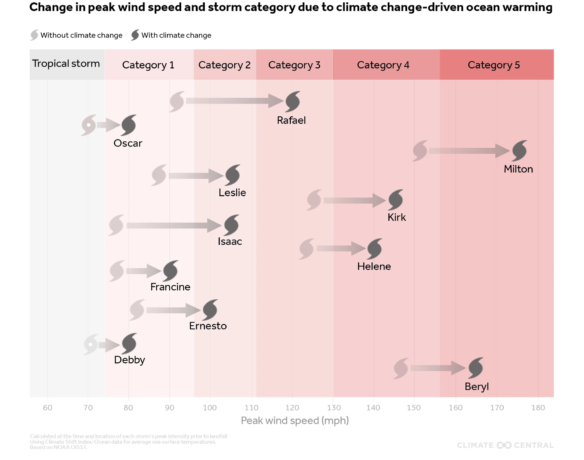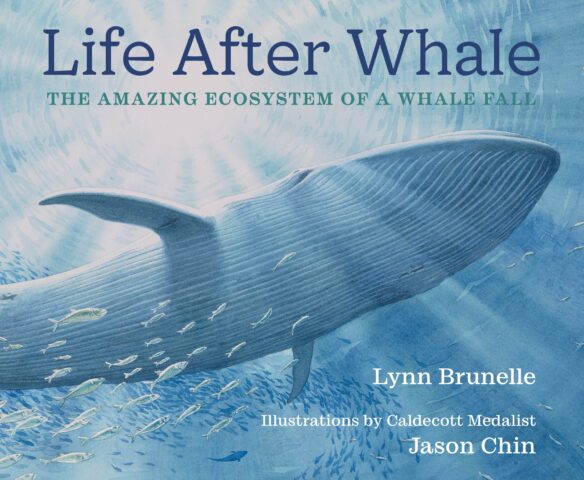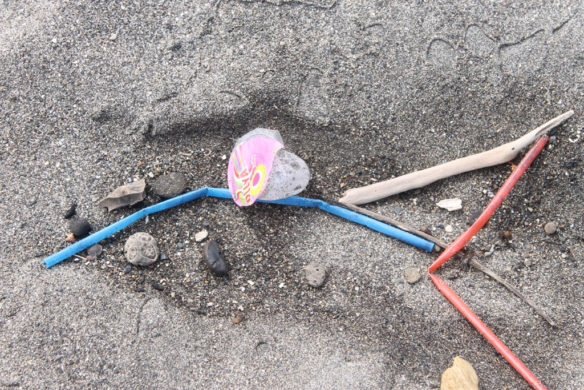
“The unprecedented plastic waste tide plaguing our oceans and shores, can become as limited as our chosen relationship with plastics, which involves a dramatic behavioral change on our part…”
Captions and Photo: © SAF — Coastal Care
Excerpts;
The coffee giant has announced that it is phasing out straws. But are the new lids it’s introducing actually any better?..
Read Full Article, Guardian UK (07-23-2018)
Hyatt joins Starbucks and other companies in eliminating plastic straws; CBS News (07-09-2018)
EU ban on plastic straws and stirs proposed to cut marine litter; CBS News (05-28-2018)
The European Union has proposed banning plastic products like cotton buds, straws, stirs and balloon sticks when alternatives are easily available in an attempt to reduce litter spoiling beaches and ocean beds…
New York city to consider banning plastic straws; Guardian UK (02-23-2018)
India vows to ban all single-use plastics by 2022; CBS News (06-05-2018)
India has vowed to ban all single-use plastics by 2022, according to the U.N.’s environmental agency, which called it an “unprecedented ambitious move against disposable plastic…”
What are businesses doing to turn off the plastic tap? UNEP (06-28-2018)
More Recycling Won’t Solve Plastic Pollution; Scientific American (07-06-2018)
Encouraging individuals to recycle more will never solve the problem of a massive production of single-use plastic that should have been avoided in the first place…
Only 14% of plastics are recycled – can tech innovation tackle the rest? Guardian UK (02-22-2017)
Billions of pounds of plastic waste are littering the world’s oceans. Now, an organic chemist and a sailboat captain report that they are developing a process to reuse certain plastics, transforming them from worthless trash into a valuable diesel fuel with a small mobile reactor that could operate on land or at sea…
More than 8. 3 billion tons of plastics made: Most has now been discarded; Science Daily (07-19-2017)
Humans have created 8.3 billion metric tons of plastics since large-scale production of the synthetic materials began in the early 1950s, and most of it now resides in landfills or the natural environment, according to a study.
Biodegradable plastic ‘false solution’ for ocean waste problem; Guardian UK (05-23-2016)
Plastic pollution: When The Mermaids Cry: The Great Plastic Tide, Coastal Care
Plastic is versatile, lightweight, flexible, moisture resistant, strong, and relatively inexpensive. Those are the attractive qualities that lead us, around the world, to such a voracious appetite and over-consumption of plastic goods. However, durable and very slow to degrade, plastic materials that are used in the production of so many products all, ultimately, become waste with staying power. Our tremendous attraction to plastic, coupled with an undeniable behavioral propensity of increasingly over-consuming, discarding, littering and thus polluting, has become a combination of lethal nature…

